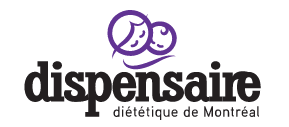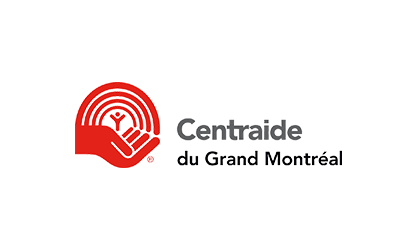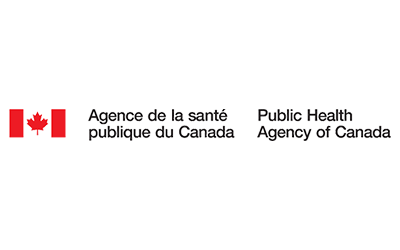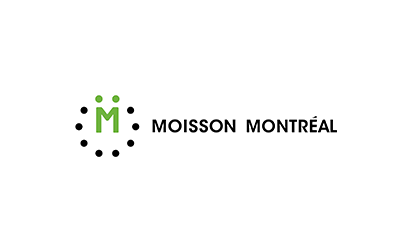Yes, hypersalivation is a phenomenon observed during pregnancy.
The excessive production of saliva, also called hypersalivation or drooling is a phenomenon observed in early pregnancy. It occurs in 2.4% of pregnant women. The cause of the hypersalivation is not well known, but it is associated with hormonal changes. It is also more common in some ethnic communities such as the Haitian and African communities. Finally, it seems that greater production of saliva is common among women who experience nausea and vomiting.
Hypersalivation does not affect the baby as such. However, if the excessive production of saliva leads to significant nausea and vomiting, inadequate intake of nutrients or energy loss can occur. This can therefore affect the baby’s growth if it lasts. It is also important to mention the risk of dehydration present in women who constantly spit their saliva.
Other causes may explain the increase of saliva, such as gastroesophageal reflux disease, smoking, taking certain medications and infections of the mouth. Gastroesophageal reflux is a common discomfort during pregnancy. It occurs when the acidic stomach contents back into the esophagus, due to the pressure of the uterus on the stomach (mainly in the second trimester), causing a burning sensation. Saliva production can then be increased to lessen the burning sensation.
THE SOLUTIONS
There is no proven solution to reducing the production of saliva. However, women experiencing this condition suggest brushing your teeth and gargling your mouth frequently can help reduce the feeling of having too much saliva in the mouth. Also, by drinking water or chewing gum, even though this does not reduce the production of saliva, you make the swallowing easier. Finally, any other trick to help swallow the saliva is good. For example, some women report that eating raw carrots helps manage hypersalivation.
If a woman experiencing drooling is unable to swallow because it causes or exacerbates nausea, she can resort to spitting the excess saliva. However, it is important to compensate by drinking lots of water, to ensure that proper hydration is maintained.
If the drooling situation continues, becomes very disturbing or accentuates nausea and vomiting, it is advisable to consult a doctor.






